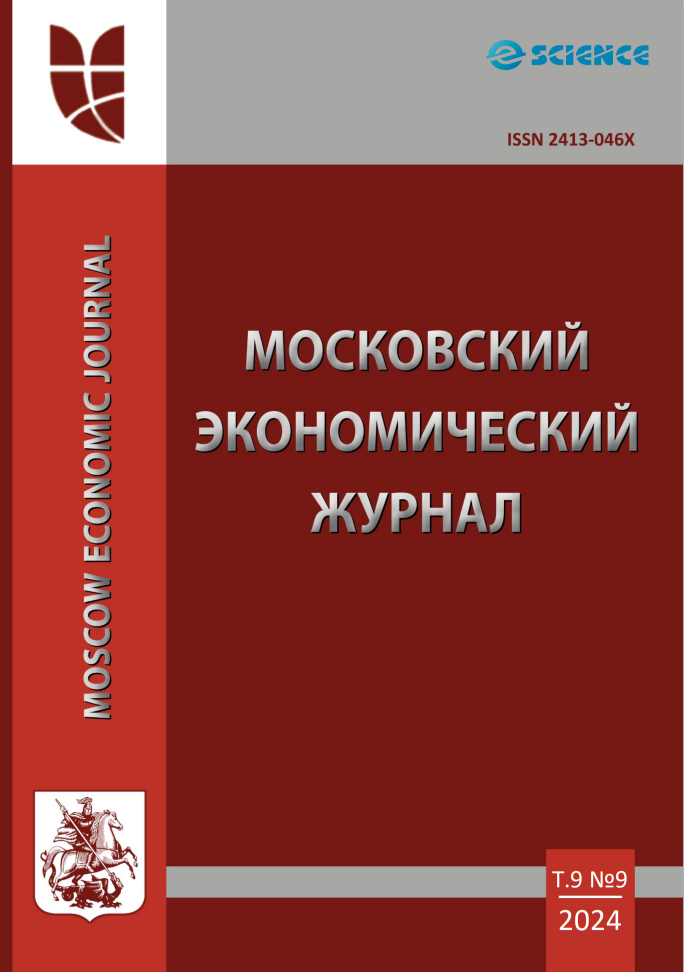from 01.01.2016 until now
Russian Federation
Russian Federation
Russian Federation
Russian Federation
UDC 338.48
The modern tourism industry is in constant motion, being influenced by various innovations and trends. Marketing has become a key element of success in this industry, allowing companies to attract more customers and remain competitive. In the rapidly changing world of tourism, it is necessary to constantly monitor the latest technologies and strategies in order to attract the attention of the target audience. Marketing in the tourism industry has undergone significant changes and evolution over the past decades. Since the time when travel companies limited themselves to offline advertising in print media and working with travel agencies, today they are actively using digital marketing strategies and technologies to attract potential customers. From classic advertising branding to data analytics and virtual reality, tourism marketing continues to evolve and adapt to the changing demands of modern travelers. The article analyzes the current trends in the development of tourism marketing: personalization of services; digitalization and use of artificial intelligence in the promotion of tourism products and communications of tourism entities; actualization of socio-ethical concepts of tourism marketing and partnership marketing; a request for tourism safety as one of the strategic directions of state regulation of tourism; a trend towards the development of creative marketing based on an innovative approach and strategy for introducing innovations to the creation and promotion of tourism services. The conclusion is made about the synergetic complementarity of the indicated trends, which make it possible to create and promote fundamentally new travel products and services on the market that are relevant to the goals and values of consumers of travel services.
marketing, tourism, innovative approaches, development trends, tourism product, tourism cluster, "touristicification", digitalization
1. MacCannell D. The Tourist: A New Theory of the Leisure Class. New York: Schocken Books. 1976. 214 s.
2. Kotler F., Bouen Dzh., Meykenz Dzh. Marketing. Gostepriimstvo. Turizm. 4-e izd., pererab. i dop. Uchebnik. Grif MO RF. (Seriya «Zarubezhnyy uchebnik). M.: YuNITI-DANA. 2018. 1071 s.
3. Global'nyy eticheskiy kodeks turizma: [Elektronnyy resurs]. Rezhim dostupa: https://www.un.org/ru/documents/decl_conv/conventions/pdf/tourism.pdf
4. HARTIYa TURIZMA. Odobrena v 1985 g. na VI sessii General'noy assamblei Vsemirnoy turistskoy organizacii. [Elektronnyy resurs]. Rezhim dostupa: https://tssr.ru/main/docs/programs/521/
5. Cohen S. A., Cohen E. New Directions in the Sociology of Tourism // Current Issues in Tourism. 2019. Vol. 22. № 2. P. 153–172.
6. Lury C. The Objects of Travel // Rojek C., Urry J. (eds.). Touring Cultures: Transformations of Travel and Theory. London: Routledge.1997. P. 75–95.
7. Kostin K. B. Ispol'zovanie cifrovoy marketingovoy strategii kak effektivnogo sredstva razvitiya kompaniy turistskogo biznesa // Vestnik Rossiyskoy akademii estestvennyh nauk. 2014. T. 18, № 3. C. 77–81.
8. Petrik E. A. Internet-marketing. M.: Moskovskaya finansovo-promyshlennaya akademiya, 2007. 299 c.
9. Chernecova L. V. Innovacionnye tehnologii marketinga v turindustrii // Biznes i strategii. 2016. № 2 (03). S. 82 - 91.
10. Kazakov N. P. Bezopasnost' zhiznedeyatel'nosti. Obespechenie bezopasnosti v turizme: uchebnik dlya stud. uchrezhdeniy vyssh. prof. obrazovaniya. M.: Izdatel'skiy centr «Akademiya», 2011. 240 s.











